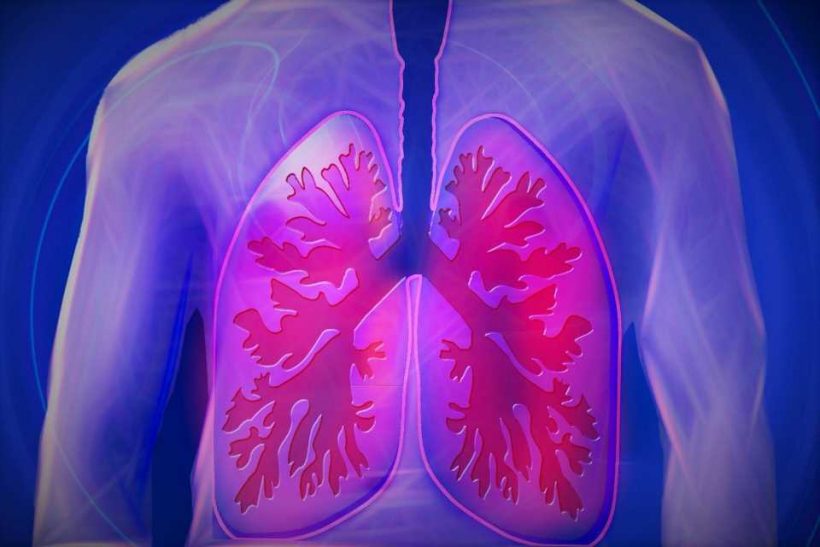
A large data analysis led by Indiana University School of Medicine Professor Benjamin Gaston, MD, shows a rare respiratory disease called primary ciliary dyskinesia (PCD) is more common than previously thought.
Recently published in The Lancet Respiratory Medicine, the analysis aimed to gage the global prevalence and genetic variance of PCD, a genetic condition that affects a protective function of the respiratory system. PCD can lead to chronic health issues, including chronic, daily coughing and congestion, recurring respiratory and ear infections and severe lung damage.
Using information from two databases, the group screened the genetic sequences of 180,000 unique people for disease-causing variants of 29 genes that are linked to autosomal recessive PCD. While PCD was previously estimated to occur in only about 1 in 16,000 people, Gaston’s analysis showed that it’s over twice as common at about 1 in 7,500.
“This is very important for clinicians. Since PCD has been thought of as a rare disease, they might not recognize it when they see a patient with PCD symptoms,” said Gaston, who is also the Vice Chair of Translational Research in the Department of Pediatrics. “They may think, ‘Well, it’s unlikely because it’s such a rare disease.’ But actually, it’s not anywhere near as rare as we thought.”
Scientists also looked at disease prevalence among seven ethnic groups, a factor for which previous data were limited. They found that people of African descent had a higher rate of PCD-causing variants than in other populations, followed by non-Finnish European groups and people of Hispanic descent.
Importantly, the data showed that, of the 29 genes studied, the 5 most common genes with PCD-causing variants were different in different ethnic populations. Collectively, these data can help doctors better recognize and diagnose PCD in patients, especially in certain parts of the world or when treating patients from diverse backgrounds.
“My hope is that clinicians will have a much lower threshold for evaluating people who might have PCD,” said Gaston.
Source: Read Full Article
